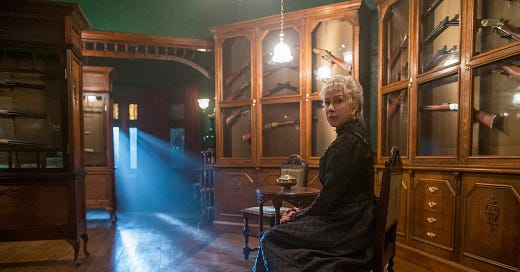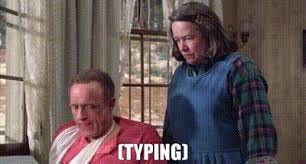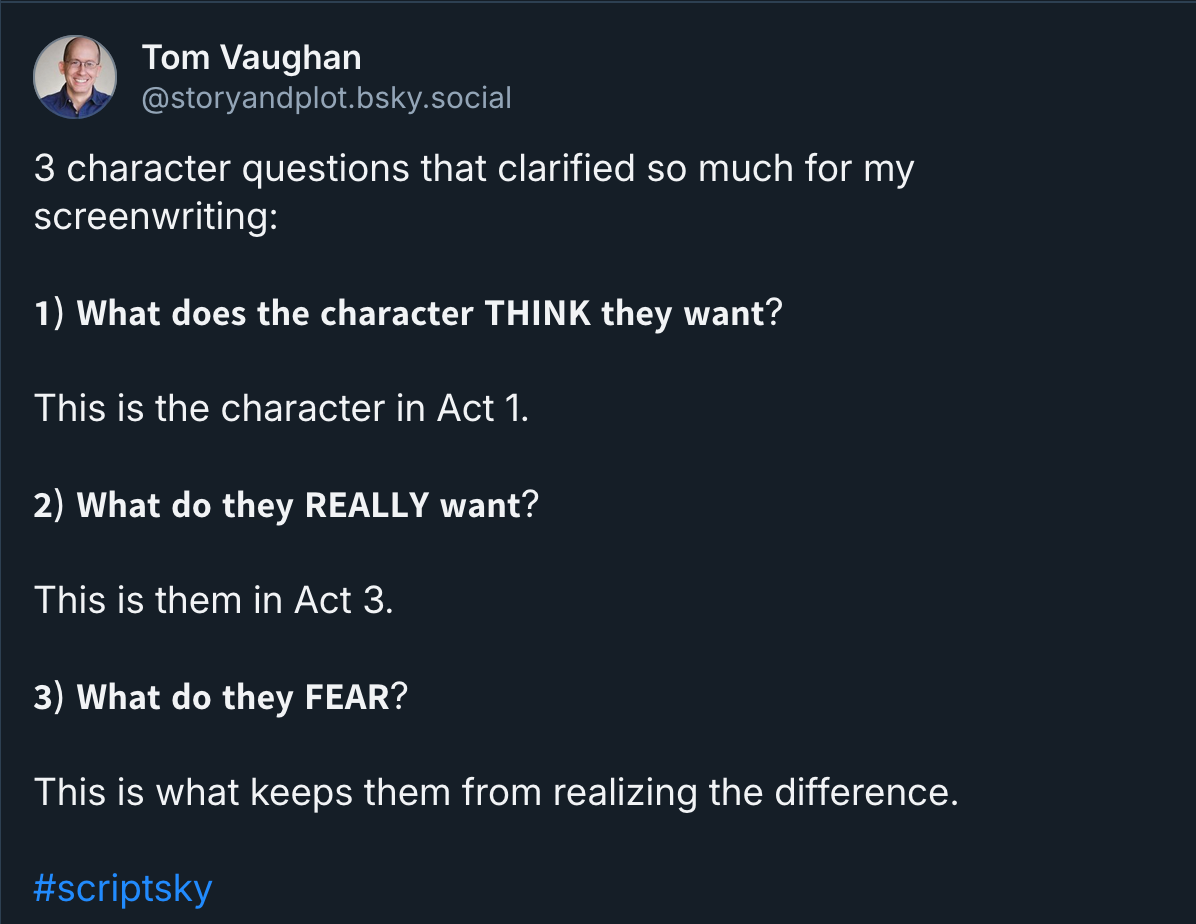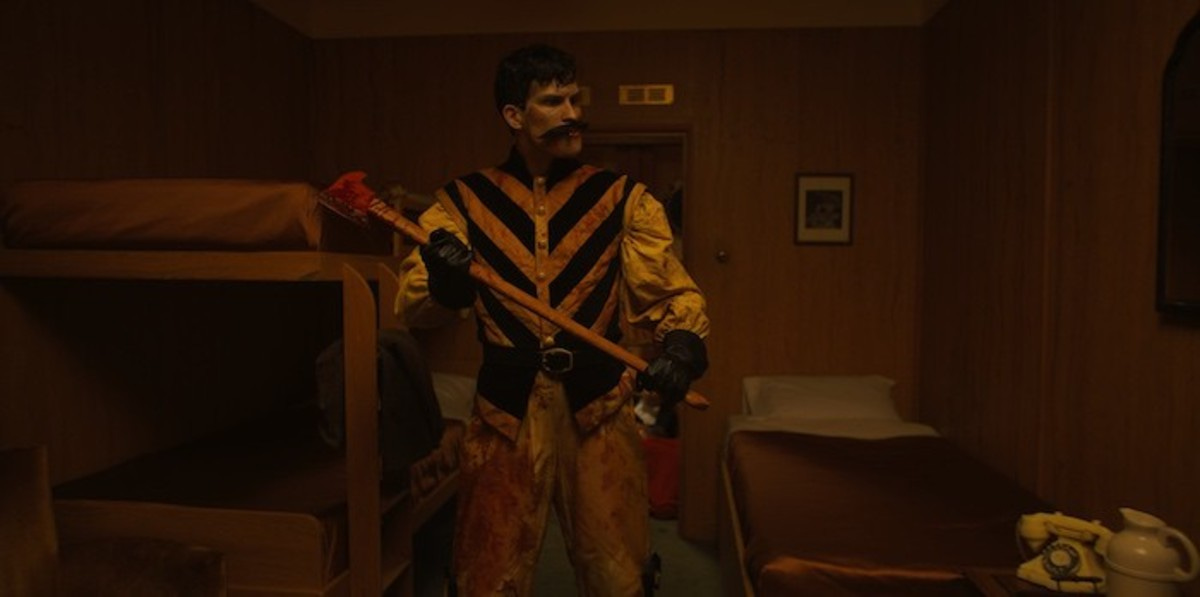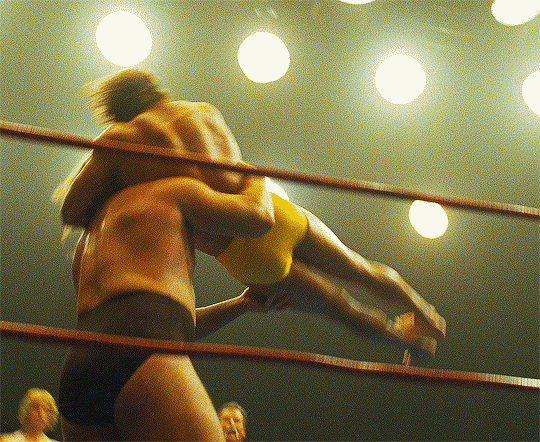Here For You
So, it looks like a couple of projects I’d planned to take on this month have been pushed to April. Which is maybe good news for you? That means I have time to take on a few consultations, if any of you are interested.
I love working with new writers, or with seasoned writers on new material, so please take advantage of my time while I have it! There are a couple of options for you:
Notes on an existing (TV) script and a 1/2 hour Zoom to discuss
One hour Zoom in which we discuss a new pilot and create a story structure for it
Each of these is $500 (though I’ll offer a discount for anyone who has paid for a year-long subscription here). The readings/meetings need to be done in March.
I have three slots open. If you’re interested, just reply to this email or send me a note at NerdistWriters@gmail.com.
This could be us:
And hey, if you’ve taken a class with me or we’ve workshopped something together, please leave a testimonial in the comments and tell folks how helpful I was!
Story and Plot
Tom Vaughan (Winchester; Haunting of the Queen Mary) knows his stuff. That was obvious to me from our very first conversation in which we did a deep dive on second acts. It is by far the nerdiest writing conversation I’ve ever had, and I used to host a podcast about comic books.
Tom is our live Zoom Q&A guest next Saturday, March 15, at 11am PT/ 2pm ET. You know how this works. The Q&A is open only to paid subscribers, and only paid subscribers have access to the recordings later.
I highly recommend checking out the podcast episode I did with Tom. You can find it here and, as I said at the time, you’re going to want to take notes.
In that conversation, we talk about an eight-sequence approach to your feature script (which can also be applied to TV pilots). Tom used Groundhog Day as a good illustration of this technique:
The inciting incident [first sequence] is that Phil repeats the day. Then the second sequences is him trying to figure out is this real? What is going on? Am I crazy?
And then when he accepts that it is happening… then he goes into ‘first steps’ and is now learning the rules to what is going on. [third sequence]
He switches from that to ‘first attempts’ when he dies and wakes up, or he goes to jail and then wakes up free and clear. Now this is his first attempt to achieve perfection, where he's the old Phil, so he manipulates, he exploits [the conceit]… the old version of Phil is trying to solve his problem. And that's really what [sequence] 2A and 2B is. It is the old version of this character from Act One trying to solve their problem. And it will not work because they are their old version.
And this is such a key thing about Act Two. The whole point of Act Two is to transform that character to become the character they need to be in Act Three to solve their dramatic question to the audience's satisfaction.
Tom goes into even more depth after that, describing in detail strategies for the middle sequences of your story. It’s fascinating stuff, and I walked away from that conversation rethinking my approach to structure.
I highly recommend following Tom on BlueSky, where he very frequently posts brief, brilliant, and helpful writing advice like this:
And practical advice like this:
You should definitely subscribe to Tom’s newsletter, Story and Plot, where he writes at length about the business and craft and offers really valuable courses. (He’s taught screenwriting for 22 years, currently at the University of Houston, and is very, very good at it).
6 Questions with Tom Vaughan
1. What you working on right now?
I have been teaching quite a bit lately! More so than usual.
As far as the writing, I am rewriting an old spec screenplay of mine. It's from the 90s! It's been optioned three times over the years, and the idea is still rock solid, so the producer and I decided it was worth reviving.
I have two other projects with directors and I'm rewriting those. One is mostly concerned with the budget and the other is trying to keep up with the director's notes.
2. What challenges are you facing specific to your current writing project?
Rewriting a screenplay I first wrote over twenty years ago is harder than I thought it would be. Surprisingly, I am the one fighting for rewrites, not the producer. I am such a better writer than I was then, and things that seemed fine at the time just seem insincere and surface-level now. I see where emotion should be that I didn't see before. I think this is because my primary influence back then was movies, and my primary influence now is life.
3. What advice about the business of TV/film writing can you give to someone starting out now?
One of these things, or both if possible.
Concept, concept, concept. The quickest way to get people's attention is the big idea, well executed. For too many reasons to list here, but the biggest one is that concepts travel from call to call, email to email, meeting to meeting. Anything communicable gets people's attention.
If commercial, communicable things are not your strength, or even your interest, create your own stuff. Make them come to you. Do something that puts you on their radar. Prove you can do it, because they will otherwise assume you can't. Plus creation begets more creation and relationships. Waiting for permission is never a good strategy.
4. What advice about the craft of writing can you give to someone starting out?
Story and emotion. Know what story you are telling and what emotion you are trying to evoke. If you know those two things, you can figure out anything.
5. What do you respond to most in a piece of writing?
Confidence, emotional honesty, and observation. That is usually what generates moments that surprise us in a way that deepens the moment, rather than diverts from it. I insist on a lot of other things, but that's what stands out for me.
6. What are you watching/reading/listening to lately that’s getting you excited or inspired?
I am revisiting a lot of films from the 90s right now. I am not sure why. It was not planned, but titles from when I first started in the business are keeping me up. I am trying to figure out if I am just generationally biased or if studio films really were more interesting then. Not all of them, of course, but enough to notice.
That said, the current crop of horror is pretty inspiring.
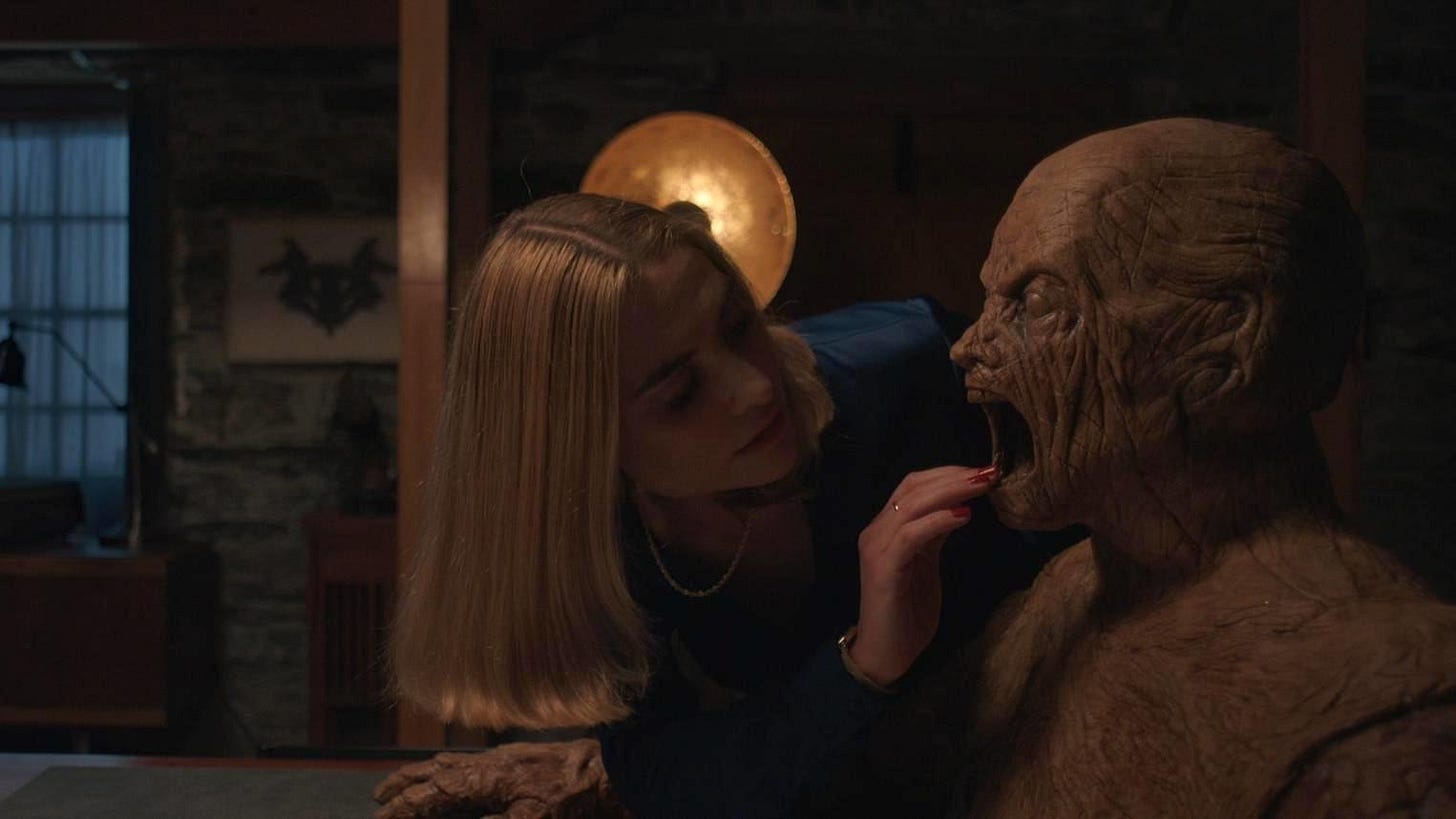
One film from last year that I saw recently that has really lingered is The Iron Claw. Such a unique structure of inevitability and inaction. You're just waiting for more tragedy to happen and it does and it's sad and moving and it sticks with you.
All right, this is going to be a great Q&A. Bring your deep craft questions on Saturday, March 15, 11am PT. Info below. If you’re not already a paid subscriber…
Keep reading with a 7-day free trial
Subscribe to Re:Writing to keep reading this post and get 7 days of free access to the full post archives.

